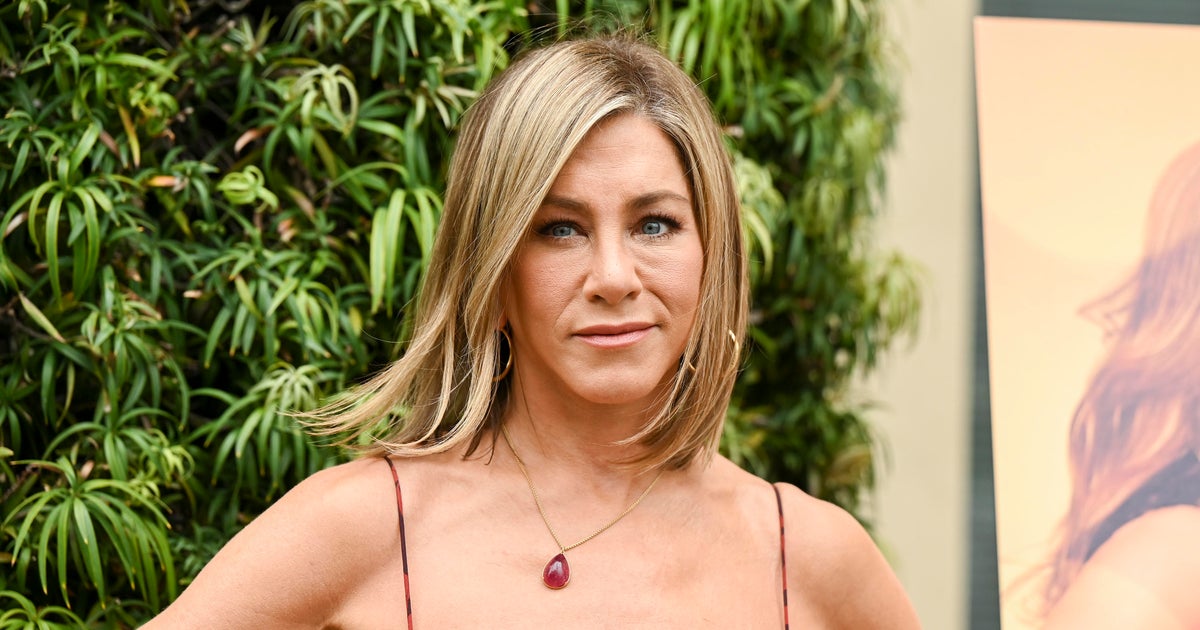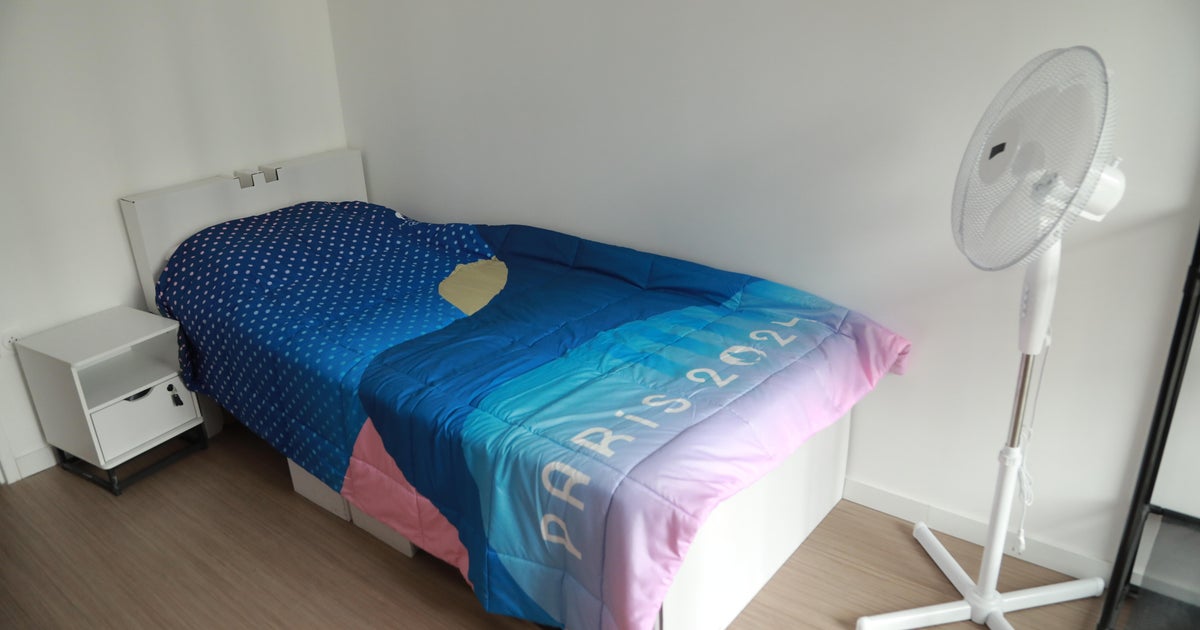Can women really "have it all"? Lily Allen says kids "ruined" career, highlighting that challenge
Singer Lily Allen is garnering attention for comments she made on the challenges of balancing a career with motherhood.
"I never really have a strategy when it comes to career, but yes, my children ruined my career," Allen said, laughing, on the Radio Times podcast Tuesday. "I mean, I love them and they complete me, but in terms of pop stardom, totally ruined it."
Allen, 38, who shares two daughters with ex-husband Sam Cooper, said she chose to step back from her career to focus on raising her kids.
"It really annoys me when people say you can have it all because, quite frankly, you can't," the "Smile" singer said. "Some people choose their career over their children and that's their prerogative."
It's a dilemma many women in the U.S. are all too familiar with.
"The concept that we can do it all, I think many of us have realized is not a realistic concept," Holly Wilbanks, the founder of the Wilbanks Consulting Group, recently told CBS News Pittsburgh. "Instead, what women today are trying to do is figure out what's important to them, what they value, and how they can structure their focus and their time around those things — and quite frankly, for a lot of women, that means making choices."
And those choices look different for everyone.
"Nowadays, being successful means being so many different things to so many different women. It's very subjective," Wilbanks says. "(Some) women think climbing the ladder is success, other women feel caregiving for their children or a sick loved one is this definition of success. So quite frankly, it's all over the spectrum."
For many parents, of course, working isn't a choice but a necessity.
"Can women have it all? Nobody can have it all. Can women be incredible moms and successful professionals? Absolutely," says Juliet A. Williams, a professor in the department of gender studies at the University of California, Los Angeles. "We don't want to fall into this habit of valorizing a stay-at-home lifestyle that is not accessible to everyone and even some people to whom it is accessible have chosen against it."
Plus, "being at home with their kids is not the same thing as being a great parent," Williams points out, warning against glorifying or demonizing a woman's choice (or lack thereof) between work, kids or doing her best at both.
Environment plays a role, too.
"Some countries and contexts make it much more difficult to lead a fulfilling life that includes both work and family," Williams says, adding the United States in 2024 is "one of the most difficult."
"But places like England, where I believe Allen (is from) and even others in Western Europe that are seeing a rolling back of the welfare state, should expect more and more people to be frustrated by that," she adds.
The challenge of handling both work and kids became even more apparent during the COVID-19 pandemic, where mothers in particular were put in an impossible situation.
"They're doing their own job, their child care worker's job, and their children's teacher's jobs," Professor Joan C. Williams, founding director of the Center for WorkLife Law at the University of California's Hastings College of Law, told CBS "Sunday Morning" in 2020.
And while plenty of fathers struggled during COVID too, a study at the time showed women were almost three times more likely than men not to be working due to child care demands because of the pandemic.
Experts say it boils down to support.
"Women are in the workplace now. And it's really about, if they're choosing to be in the workplace, how do we support them there? If they're choosing to be at home, how do we support them there?" Wilbanks says.
Williams points to a need for greater public investment in child and after-school care as well as a shift in the image of an "ideal worker" being somebody whose commitment is to the job with no other responsibilities — since that "structurally advantages men over women in society where caretaking is associated with gender even to this day."
"We really want to work as a society to create more social support for people to navigate those challenges rather than acting like there are three easy answers or clear pathways to get there," she says.




